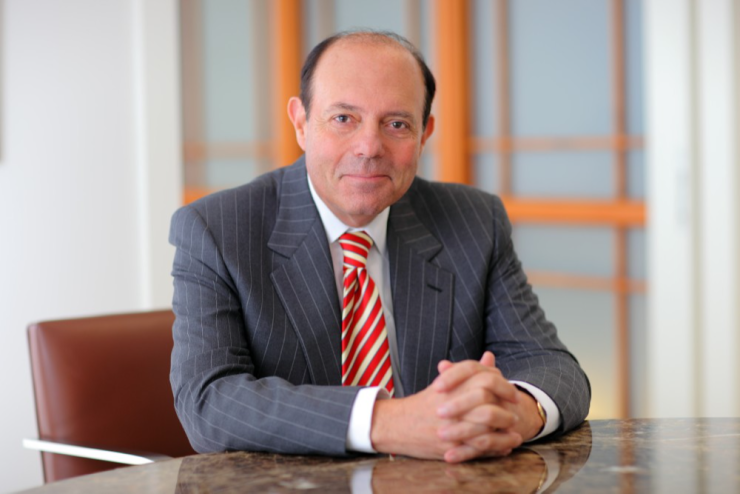WASHINGTON — Twenty years after founding a bank consulting firm known for its deep roster of ex-regulators, Eugene Ludwig will step down as CEO of Promontory Financial Group at the end of this month.
In Ludwig’s two decades leading the company, Promontory has been a go-to for banks seeking insight on regulatory matters from a stable of former officials from the Office of the Comptroller of the Currency, Federal Deposit Insurance Corp., Federal Reserve, Securities and Exchange Commission and other agencies.
Ludwig, who led the OCC during the Clinton administration in the 1990s, will hand the reins of Promontory’s day-to-day activities to an operating committee co-chaired by Julie Williams, global head of strategy, and Chief Operating Officer Leslie Peeler. Williams was a longtime senior official at the OCC and Peeler was previously a senior vice president at Fannie Mae.
“There's never a good time, you hate to make changes, etc. But I wanted to look for a time where the firm was in solid shape and cruising forward,” Ludwig, 74, said in an interview.
“I learned that we had the leadership already in the organization; one didn't have to look outside,” he said, referring to the operating committee led by Williams and Peeler.

Ludwig, who founded the firm in 2001, will continue to be involved with the company as chairman of Promontory, effective March 1. However, he will step back from day-to-day operations. The firm’s roughly 650 employees were notified of the leadership change on Wednesday morning.
Other members of the operating committee include Linda Gallagher, Promontory's executive managing director of the Americas; Vincenzo La Via, CEO of Promontory Europe; Henry Raine, head of the firm's London office; Jeff Carmichael, head of Promontory's Australasian business; and Louie Giacomini, CEO of the firm's managed services business. General Counsel Joyce Yette will serve as a senior adviser to the committee.
Promontory has advised banks and other financial institutions around the world on compliance changes, meeting the regulatory requirements of bank mergers and acquisitions, anti-money-laundering controls and cybersecurity standards.
“I am really proud of this company,” Ludwig said. “We've saved good institutions from failing. We have helped good institutions improve their own controls infrastructure for the betterment of people so that they get a fair deal.”
Since 2016, the firm has been owned by IBM. The merger combined the technology company’s
Promontory is now “creating joint products with IBM that we could not have done before and they could not have done before, because it's my firm belief that a big segment of the future of advice is advice and implementation, and the implementation will be increasingly technologically driven,” Ludwig said.
Stepping back from Promontory will allow Ludwig to shift focus to other projects he has started in recent years, he said.
“I'm not retiring,” he said. “Maybe some people think I should. I'm not, ever.”
The Ludwig Institute for Shared Economic Prosperity, launched in 2019, is a research organization dedicated to improving the economic prospects of middle- and lower-income communities. The institute recently began publishing a monthly report of the True Rate of Unemployment, or TRU, that tracks unemployment based on hours worked and annual income.
The first issue, published in October, argued that “true” unemployment rate was
“One of the things I’ve learned is the headline statistics we all live and dote on, created in a different age long ago, are accurate for what they say, but they are near-meaningless in terms of our modern world,” Ludwig said.
He also co-founded a $545 million venture capital fund in early 2020 for
Ludwig says he will continue to voice his opinions about financial policy issues, namely strengthening supervision of nonbank financial companies.
“One big hole in the doughnut from Dodd-Frank — the biggest hole in the regulatory doughnut — is nonbanks,” he said.
He added that he hoped the Financial Stability Oversight Council would resume focusing on companies that are systemically important.
“It cannot be that there is no large nonbank financial [institution] in the United States” that poses systemic risk, he said.





